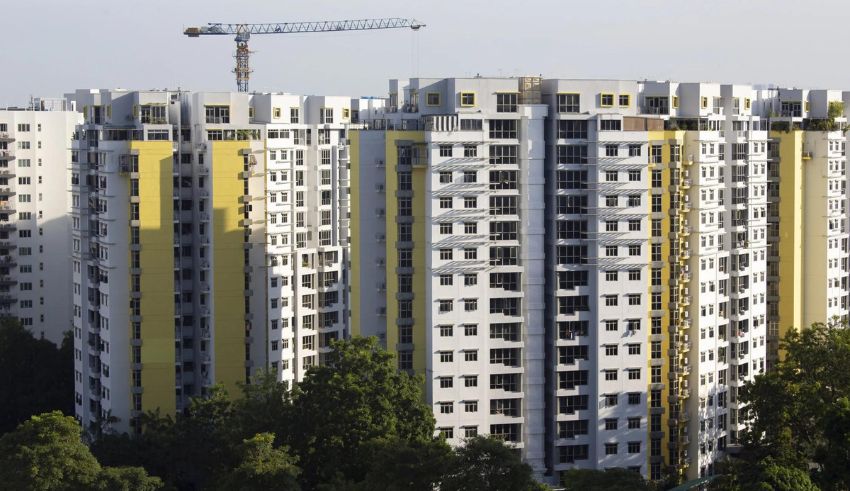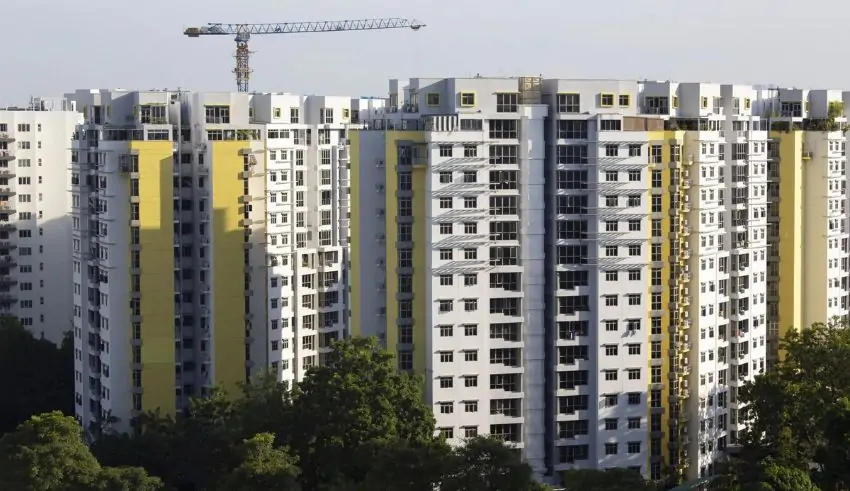

(C) South China Morning Post
In the ever-shifting tapestry of Singapore’s rental scene, an intriguing trend quietly emerges, adding a unique hue to the dance between landlords and tenants. It’s the growing penchant for tenants who opt out of working from home (WFH). This nuanced trend is notably perceptible in single-room rentals, where landlords, aiming for simplicity in utility bill management and safeguarding privacy, express their leanings.
This piece delves into the multifaceted aspects of this emerging preference, unraveling the motivations behind landlords’ decisions, gauging tenant responses, and dissecting the broader market dynamics contributing to the adoption of such criteria.
As Singapore navigated the realities of the COVID-19 pandemic and the subsequent rise in remote work, homes morphed into multifunctional spaces. While this brought convenience for many, landlords found themselves grappling with new challenges, prompting a subtle yet discernible response in the form of a preference for tenants avoiding remote work.
A perusal of online property platforms like Carousell and PropertyGuru uncovers a noticeable number of rental listings explicitly stating a preference for tenants not engaged in WFH. This inclination is particularly evident in single-room rentals, where landlords, it appears, seek to sidestep the intricacies of splitting utility bills, especially with tenants occupying the residence throughout the day.
Jeanette Goh, a property agent, sheds light on landlords’ motivations, noting, “They don’t like it; they feel a little stifled at home. Even though it’s their own unit and their own place, they feel like they are being invaded.” This sentiment, she suggests, could be rooted in past experiences during the height of COVID-19 restrictions when privacy invasion concerns spiked, coupled with increased utility bills.
Tham, a landlord with a “no WFH” requirement, emphasizes the practical aspect of avoiding utility bill complications. According to her, splitting bills can be cumbersome, and a clear “no WFH” policy acts as a safeguard against potential extra costs should utility bills exceed the usual threshold. She points to instances where tenants “might not use the utilities responsibly,” especially if they are at home throughout the day.
Another landlord, Ang, offers a different perspective. Caring for five grandchildren during the day, she prefers tenants who do not work from home to maintain a quieter environment. The presence of tenants working from home, she feels, could lead to disturbances, making it challenging for her to concentrate on her responsibilities.
However, this criterion isn’t without its challenges, and tenants have varied reactions to this stipulation. Some see it as an inconvenience, with concerns raised about the justification for such requirements, especially when tenants contribute to utility expenses.
Lynnette Gan, a sales manager on a hybrid work arrangement, deems the “no WFH” requirement as unreasonable, especially when tenants contribute to utility expenses.
She notes that, despite the rise in rental costs, the rental market has slowed down due to excessive supply, giving tenants more choices. The clarity provided by specific requirements in listings, she argues, aids tenants in narrowing down their choices to find an ideal unit.
In conclusion, this unique criterion adds a layer of complexity to the Singaporean rental landscape. While some landlords adopt this preference as a pragmatic response to utility bill concerns and privacy considerations, tenants view it with a spectrum of reactions, from inconvenience to potential deal-breaker.
As the rental market adjusts to evolving dynamics, the interplay between landlord preferences and tenant expectations remains a nuanced aspect of the property landscape in the city-state.
The love towards Asian dramas is expanding everyday and audiences are curious in exploring the diverse contents in various languages…
‘The Haunted Palace’ is a historical rom-com K-drama which premiered on 18 April 2025 on SBS TV and it is…
ITZY dominates the playlist of South Korean and even the global music lovers as they exquisitely blend the electropop with…
“Every beginning has an ending”, today is one such end to the wonderful and resilient test career of a legend…
Singapore’s leading bus operator SBS Transit plans to start testing its innovative AI-braking system in early 2026. Working with Chinese…
The six attacks by ship sailing in the Singapore strait in five days this month has activated a spate increase…
This website uses cookies.
Read More